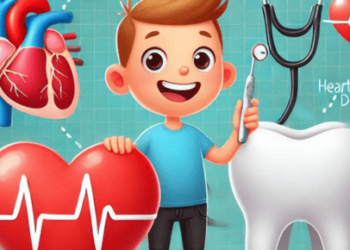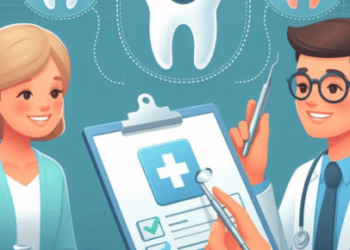
Mental health plays a crucial role in overall well-being, influencing how individuals think, feel, and behave. In today’s fast-paced and often stressful world, maintaining mental health is essential for leading a fulfilling life. Individual counseling is a powerful tool for addressing emotional struggles and improving mental health. This article explores how individual counseling supports mental health and emotional well-being, along with its numerous benefits.
Understanding the Benefits of Individual Counseling
Individual counseling provides a safe and confidential space for individuals to explore their feelings, behaviors, and thoughts with a trained therapist. Through these one-on-one sessions, individuals can address specific emotional issues, develop coping strategies, and enhance self-awareness. One of the primary benefits of individual counseling is the opportunity to gain insights into personal challenges in a supportive and non-judgmental environment. The therapeutic relationship fosters trust, helping clients feel empowered to confront difficult emotions and work towards emotional well-being.
Addressing Emotional Struggles
Many individuals experience emotional struggles at different points in their lives, whether due to trauma, stress, relationship issues, or past experiences. Individual counseling serves as a vital space where people can safely unpack these emotions. A counselor provides guidance, helping clients process complex feelings, gain clarity, and develop strategies to manage emotional distress. By exploring emotions with a professional, individuals are more equipped to understand the root causes of their emotional challenges and develop healthier ways of managing their responses.
Building Coping Skills for Stress and Anxiety
Stress and anxiety are common concerns that can impact both mental and physical health. Individual counseling equips clients with tools and techniques to cope with stress, manage anxiety, and regain a sense of control over their lives. Counselors often use cognitive-behavioral therapy (CBT) and other therapeutic approaches to help clients challenge negative thought patterns and replace them with healthier, more constructive thoughts. By learning effective coping strategies, individuals are better able to handle daily stressors and emotional triggers, leading to improved emotional regulation and a more balanced state of mind.
Enhancing Self-Awareness and Personal Growth
One of the significant advantages of individual counseling is its focus on self-awareness and personal growth. Through open dialogue with a counselor, individuals can gain a deeper understanding of their behavior patterns, emotional responses, and underlying beliefs. Increased self-awareness helps people identify areas of their lives that may need change or improvement. This can lead to personal growth, where individuals work towards becoming the best version of themselves. Through counseling, clients develop a sense of empowerment as they take an active role in their healing and growth.
Improving Relationships and Communication
Mental health is often intertwined with the quality of relationships, and individual counseling can positively impact personal relationships. When individuals are able to address their emotional struggles, they can build healthier relationships with others. Counseling provides clients with tools to improve communication skills, resolve conflicts, and understand their relationship dynamics. As clients learn to communicate their feelings and needs more effectively, relationships with family members, friends, and colleagues are likely to improve, leading to greater emotional well-being.
Providing Support for Life Transitions
Life transitions, such as career changes, divorce, or the loss of a loved one, can bring about significant emotional challenges. Individual counseling offers crucial support during these transitions, helping clients navigate the emotional complexities of change. A counselor can help individuals process grief, anxiety, or uncertainty that often accompanies major life events. By offering guidance and support, individual counseling empowers clients to adapt to new circumstances and find ways to move forward in a positive direction.
Fostering Emotional Resilience
Emotional resilience—the ability to adapt and recover from adversity—is a key component of mental health. Individual counseling helps individuals develop emotional resilience by teaching them how to manage difficult emotions, adapt to life challenges, and maintain a sense of stability. With the support of a counselor, individuals can strengthen their coping skills, overcome setbacks, and learn to approach future challenges with greater confidence. As individuals build emotional resilience, they enhance their ability to face life’s difficulties and maintain their well-being.
Conclusion
Individual counseling is an essential resource for those seeking to improve their mental health and emotional well-being. By addressing emotional struggles, building coping skills, enhancing self-awareness, and fostering resilience, counseling helps individuals navigate life’s challenges with a sense of empowerment and growth. The benefits of individual counseling extend beyond immediate emotional relief, leading to long-term improvements in mental health, personal relationships, and overall well-being. If you are seeking support in your emotional journey, consider seeking the guidance of a trained counselor to explore how individual counseling can make a meaningful difference in your life.













